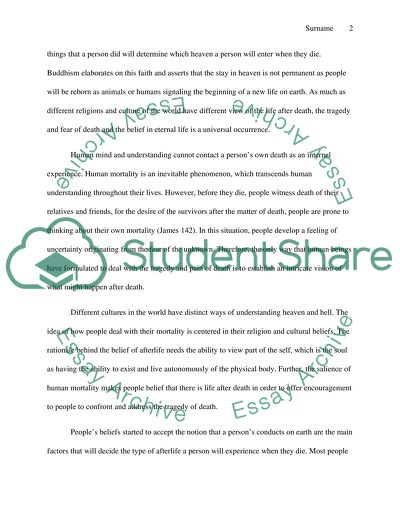Cite this document
(“Eschatology: What happens when we die Assignment”, n.d.)
Eschatology: What happens when we die Assignment. Retrieved from https://studentshare.org/religion-and-theology/1463281-eschatology-what-happens-when-we-die
Eschatology: What happens when we die Assignment. Retrieved from https://studentshare.org/religion-and-theology/1463281-eschatology-what-happens-when-we-die
(Eschatology: What Happens When We Die Assignment)
Eschatology: What Happens When We Die Assignment. https://studentshare.org/religion-and-theology/1463281-eschatology-what-happens-when-we-die.
Eschatology: What Happens When We Die Assignment. https://studentshare.org/religion-and-theology/1463281-eschatology-what-happens-when-we-die.
“Eschatology: What Happens When We Die Assignment”, n.d. https://studentshare.org/religion-and-theology/1463281-eschatology-what-happens-when-we-die.


